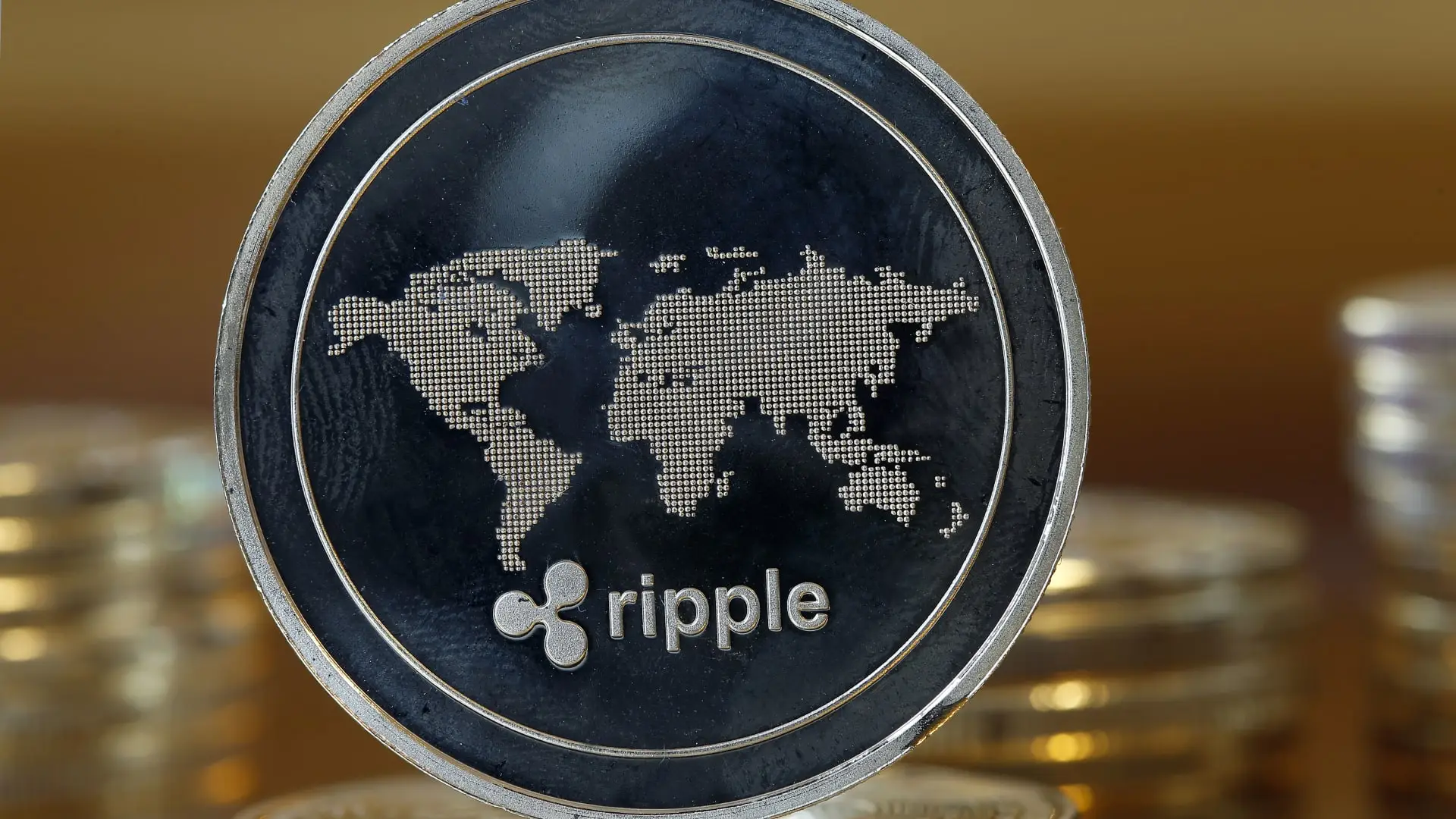What Is a Cash Dividend?
A cash dividend is a payment made to shareholders in the form of cash, typically drawn from the company’s earnings or profits. Unlike stock dividends which increase your share holdings, cash dividends provide you with actual money that you can use as you see fit. These dividends are paid on a per-share basis and can be distributed quarterly, annually, or semi-annually depending on the company’s policy.
- How Asset Swaps Work: A Comprehensive Guide to Managing Risk and Optimizing Returns
- How to Calculate Accounting Rate of Return (ARR): A Comprehensive Guide for Investors and Financial Analysts
- Protect Your Business: Understanding and Benefits of Aggregate Stop-Loss Insurance
- Understanding Bail Bonds: A Comprehensive Guide for Financial and Legal Needs
- What is Nansen? Data Analytics Platform for Web3 Intelligence
For example, if you own 100 shares of a company that declares a quarterly dividend of $0.50 per share, you would receive $50 every quarter. This direct income can be particularly appealing for investors seeking regular returns from their investments.
Bạn đang xem: How Cash Dividends Work: A Guide to Earning Income from Your Investments
How Cash Dividends Work
The process of declaring and paying cash dividends involves several key steps:
-
Declaration Date: The company’s board of directors decides on the dividend amount and announces it on this date.
-
Record Date: This is the date by which you must be a shareholder to be eligible for the dividend payment.
-
Ex-Dividend Date: If you buy shares after this date, you will not receive the upcoming dividend payment.
-
Payment Date: The actual date when the dividend is paid out to eligible shareholders.
From an accounting perspective, when a company declares a cash dividend, it debits retained earnings (the accumulated profits) and credits dividend payable (a liability account). On the payment date, it debits dividend payable and credits cash.
Types of Dividends
While cash dividends are one of the most common types of dividends, there are others worth understanding:
-
Stock Dividends: Instead of receiving cash, shareholders get additional shares of stock. This increases their shareholding but does not provide immediate income.
-
Special Dividends: These are one-time payouts that companies make when they have excess profits or from specific events like asset sales. Unlike regular dividends, special dividends are not recurring.
Xem thêm : Understanding Capital Assets: A Comprehensive Guide to Investments and Business Assets
Understanding these different types helps investors choose investments that align with their financial goals.
Pros and Cons of Cash Dividends
Pros
-
Immediate Income: Cash dividends offer shareholders a direct source of income which can be used for living expenses or reinvested.
-
Sign of Financial Health: Companies that consistently pay dividends often signal strong financial stability and profitability.
-
Flexibility: You can use your dividend income as needed without having to sell any shares.
Cons
-
Tax Implications: Cash dividends are taxable and must be reported on your tax return. This could reduce your net income from these payments.
-
Reinvestment Limitations: When companies pay out significant portions of their earnings as dividends, they may have less capital available for reinvestment in growth opportunities.
Evaluating Dividend-Paying Companies
When evaluating companies that pay cash dividends, several factors are crucial:
-
Financial Health: Look at the company’s cash flow, profit margins, and debt levels to ensure it has a stable financial foundation.
-
Dividend Payout Ratio: This ratio indicates what percentage of earnings is being paid out as dividends. A sustainable ratio suggests that the company can continue making these payments.
-
Consistency: Companies with a long history of consistent or increasing dividend payments are generally more reliable.
These criteria help you assess whether a company’s dividend payments are likely to continue in the future.
Reinvesting Cash Dividends
Reinvesting your cash dividends can be a powerful way to grow your investment over time:
-
Xem thêm : What is Multisig? A Technical Analysis of Multi-Signature Security
Dividend Reinvestment Plans (DRIPs): Many companies offer DRIPs which allow you to automatically reinvest your dividends into additional shares. This compounding effect can significantly boost your returns over time.
-
Compounding Returns: By reinvesting your dividends, you benefit from compounding returns where your earnings generate even more earnings.
This strategy is particularly effective for long-term investors who want to maximize their investment growth.
Tax Implications of Cash Dividends
Cash dividends have specific tax implications:
-
Taxable Income: You must report cash dividends on your tax return using IRS Form 1099-DIV.
-
Qualified vs Non-Qualified Dividends: Qualified dividends are taxed at lower rates compared to non-qualified dividends. The classification depends on how long you’ve held the stock and other factors.
Understanding these tax implications helps you plan your investments more effectively.
Additional Resources
For further reading or tools related to dividend investing:
-
Check out financial websites like Investopedia or Seeking Alpha for detailed guides on finding dividend-paying stocks.
-
Use online calculators to determine dividend yields and understand how DRIPs work.
-
Consult with financial advisors who specialize in dividend investing for personalized strategies.
By leveraging these resources and understanding the ins and outs of cash dividends, you can enhance your investment portfolio and achieve greater financial stability.
Nguồn: https://horizontalline.icu
Danh mục: Blog







